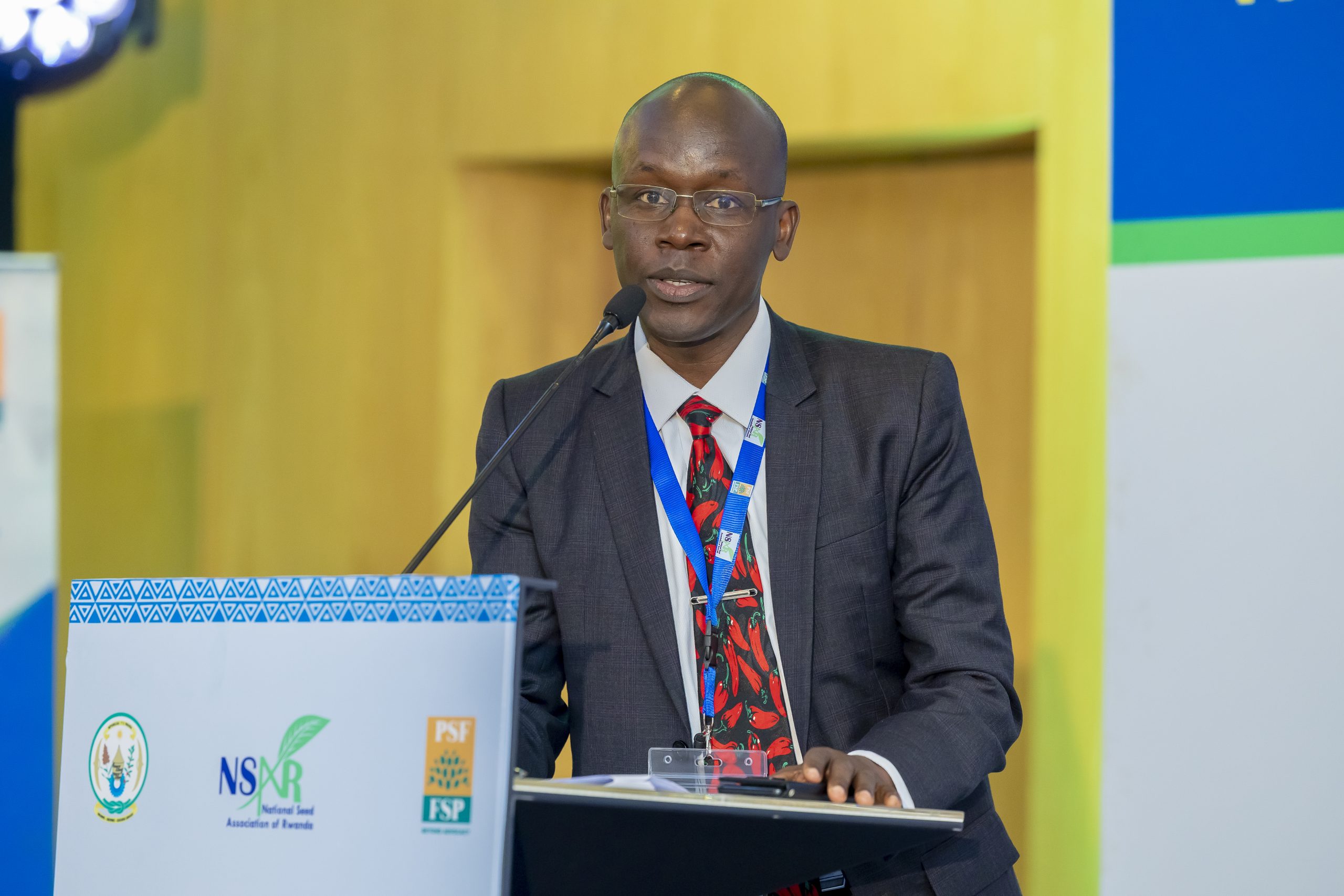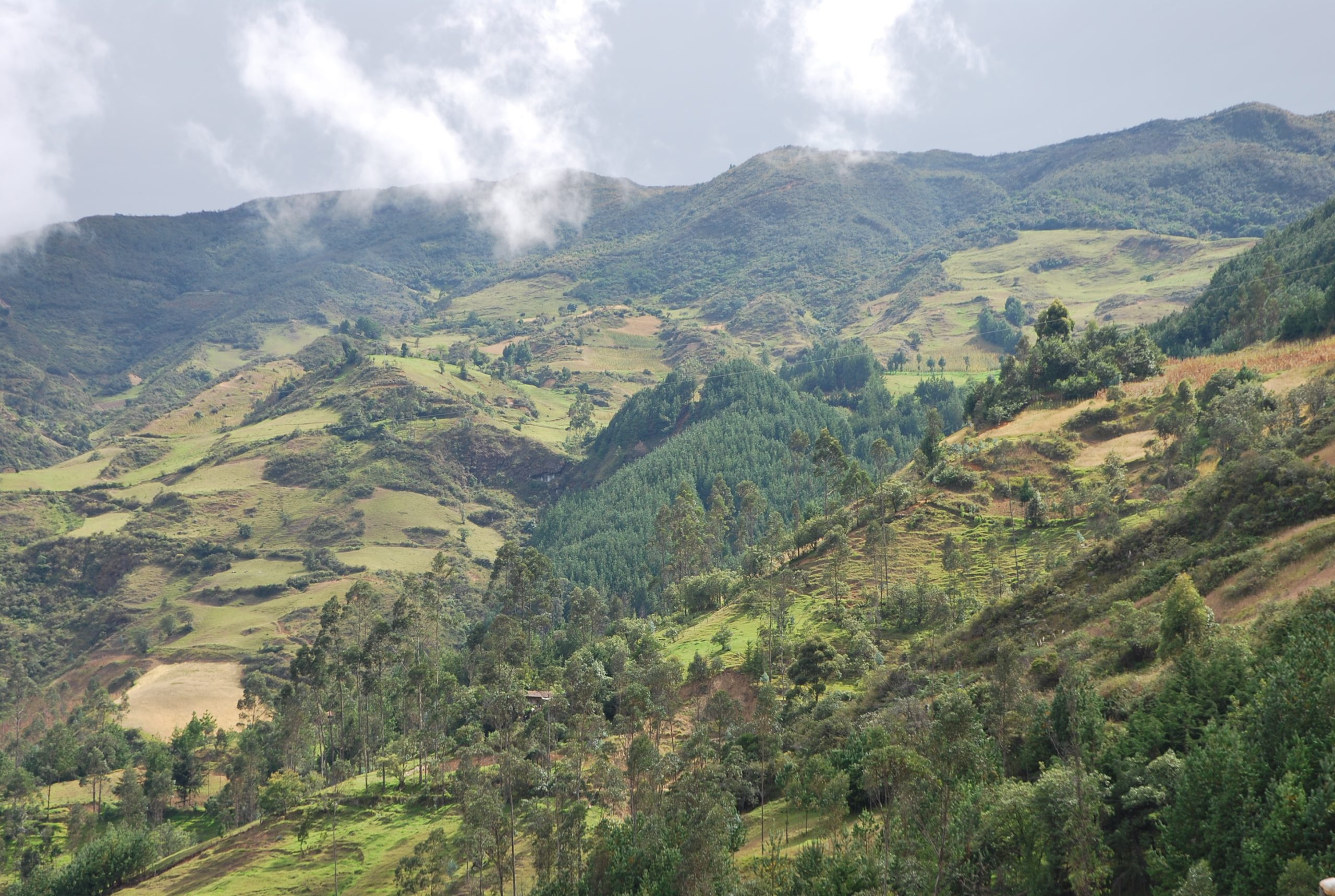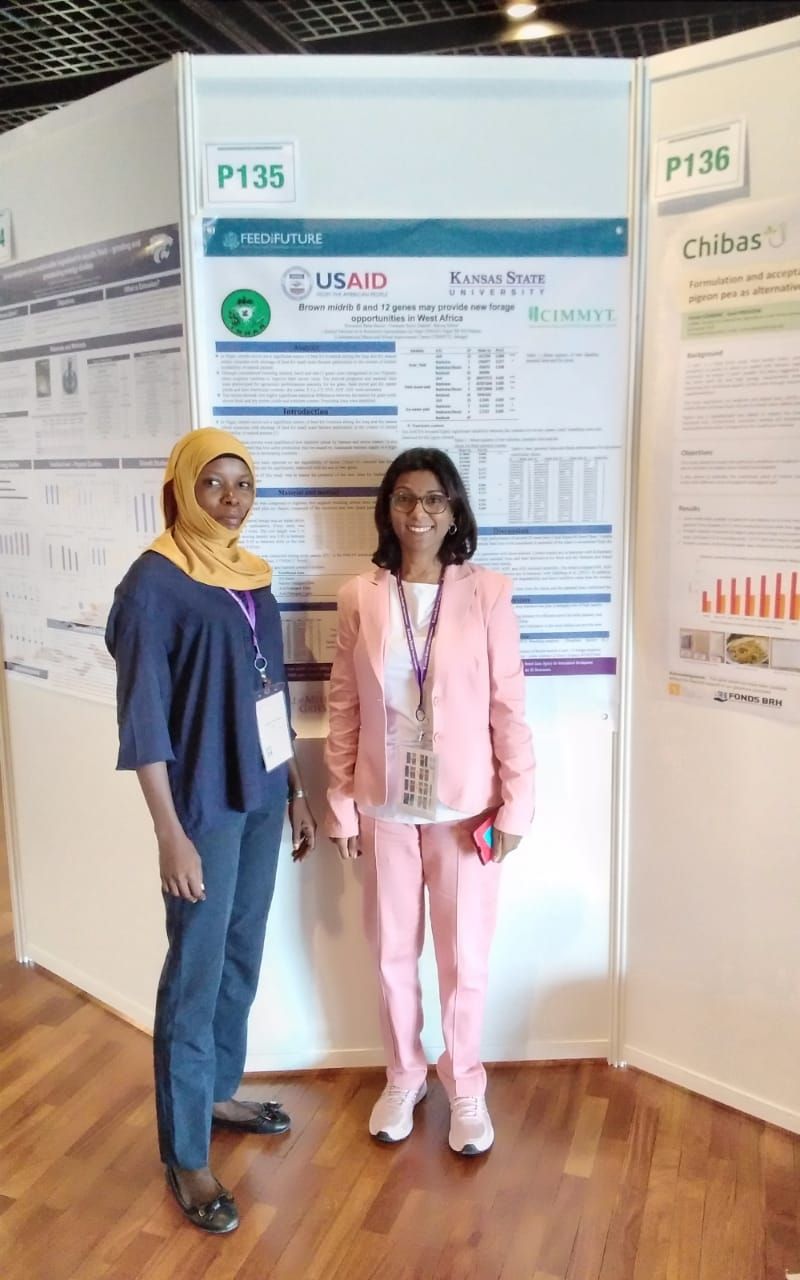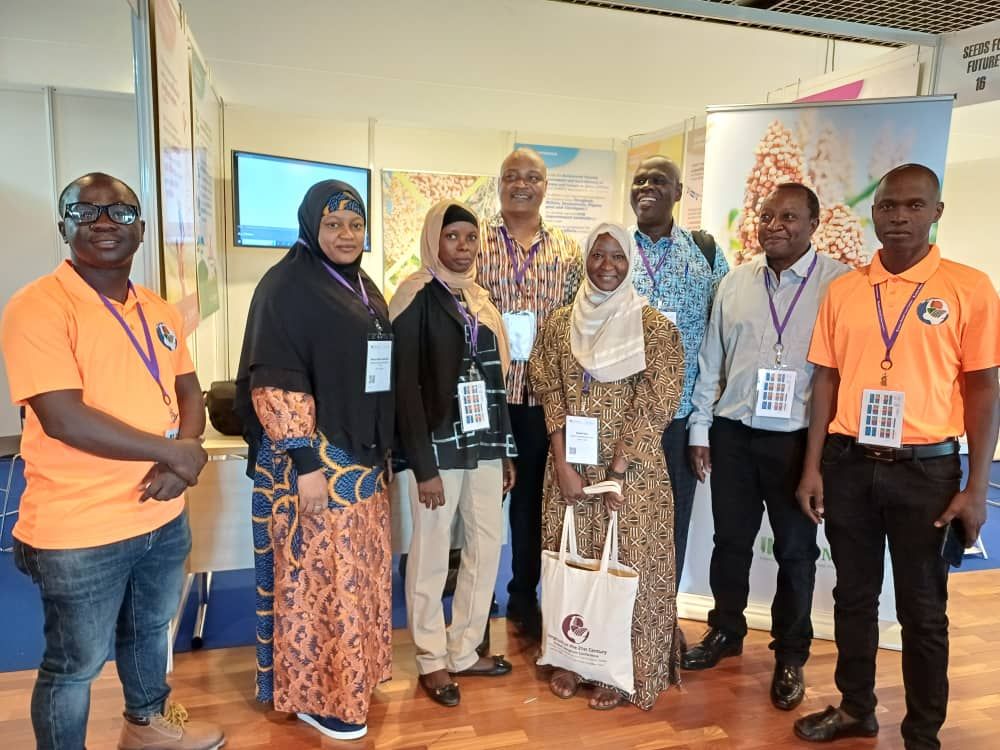The inaugural Rwanda National Seed Congress, which took place in Kigali on July 31 and August 1, 2023, marked a significant milestone for the country’s seed industry. Themed “Private Sector Strategic Roadmap for the Seed Industry 2030”, the event brought together key stakeholders from the government, public, and private sectors to address challenges and opportunities in the national seed value chain.
Discussions centered around pertinent issues concerning the seed sector in general, with a particular focus on the Rwandan National Seed Strategic Roadmap. This document, which was developed through consultations with various stakeholders, provides a comprehensive plan to steer the industry towards success and sustainable growth.
“Enhancing and managing the seed system is a complex endeavor that requires the collaboration of various stakeholders,” said Chris Ojiewo, CGIAR Seed Equal Initiative lead. “This is where public-private partnerships come in as a valuable tool for nurturing the growth and expansion of the seed industry.”

During a presentation entitled Public-private Partnership: A Tool for Development and Strengthening of the Seed Sector, Ojiewo highlighted the growing importance of collaboration and partnerships in the current seed system. He emphasized that the processes and elements that shape the seed sector are complex and extensive, making it too much for any one organization—whether public or private—to handle alone.
The way forward
During the congress, several key recommendations were proposed to increase the potential of the seed industry. The government was encouraged to seek accreditation with major seed industry quality organizations, such as the International Seed Testing Association (ISTA) and Organization for Economic Co-operation and Development (OECD) certification schemes, while adopting International Union for the Protection of New Varieties of Plants (UPOV) to establish an improved regulatory environment conducive to industry growth.
The empowerment of the National Seed Association of Rwanda (NSAR) as an advocate and facilitator for the seed industry was also highlighted as an essential measure. The government’s support in enabling the seed association to become increasingly self-regulatory is seen as crucial to the industry’s growth over the next seven years, with private seed industry players developing internal systems to ensure compliance with rules and regulations.
Another key recommendation for increasing sustainable improved seed use in Rwanda was the use of Public-Private Partnerships (PPPs), which will play a critical role in promoting the country as a seed production and trade investment destination.
Ojiewo emphasized the importance of such partnerships, noting that “PPPs have the potential to transform the seed industry by leveraging the strengths of different organizations.” He further highlighted that in addressing the challenges of global food security and sustainable development, the way forward becomes clear through collaboration, innovation, and a shared commitment to advancing agricultural progress through collaborative efforts.
The congress also focused on attracting affordable financing to scale up investments throughout the seed value chain. It was considered essential to involve industry financial players in the development of optimal financing structures to support the expansion of the industry.
As a result of the successful event, plans have already been made for the second National Seed Congress in 2024. Scheduled to take place in Kigali on July 29 and 30, 2024, the next event aims to build on the achievements of the first congress and further drive the growth of Rwanda’s seed industry.
CGIAR’s Seed Equal Initiative helps farmers by providing them with better seeds that are nutritious, preferred in the market, and that can withstand climate change. These varieties have been carefully developed to exhibit significant genetic advancements, ultimately benefiting farmers. It also makes sure that women and other marginalized groups have fair access to these seeds.

 Climate adaptation and mitigation
Climate adaptation and mitigation 
